He is intelligence Major General Pham Xuan An, real name Tran Van Trung (1927-2006).
Major General Pham Xuan An was born in Bien Hoa, Dong Nai into a family of high-ranking officials. In 1945, when the August Revolution succeeded, he dropped out of school and joined the Vanguard Youth Organization, then attended a Viet Minh training course on propaganda work.
He was recruited by Dr. Pham Ngoc Thach to war zone D to work at the enemy's military headquarters in Saigon, to grasp the political , military, security, and economic strategic intentions of the French colonialists. Tran Van Trung changed his name to Pham Xuan An.

Intelligence Major General Pham Xuan An next to General Vo Nguyen Giap. (Source: Documentary photo)
After the Geneva Accords were signed in 1954, he became a close associate of the US military mission in Saigon. He was asked by the US military advisor to participate in drafting documents on staff, organization, operations, training, and logistics to build the Army of the Republic of Vietnam.
In particular, Pham Xuan An was also assigned to cooperate with the US to select promising young officers to send to the US for training (among them was Nguyen Van Thieu, who later became President of the Republic of Vietnam).
In October 1957, in order to be able to travel to many places, approach the most powerful figures, and collect intelligence information quickly and accurately, Pham Xuan An was sent by the Party to the United States to study journalism in California from 1957-1959. This was a rare opportunity for him to acquire knowledge and approach the enemy's headquarters, in order to carry out strategic intelligence missions later.
After returning to Vietnam, he was invited to work as a reporter for Reuters (UK) and other American newspapers. Because of his extensive relationships with American military, intelligence, and information agencies, as well as high-ranking officials of the Presidential Palace, the National Police Department, the General Staff, etc., politicians and generals of the Saigon regime highly respected him and believed that Pham Xuan An was a CIA man.
At that time, the ruling factions in Saigon, although all submissive to the US, were always at odds, trying to oust each other. Therefore, "CIA-born journalist" Pham Xuan An became a respected figure that every faction in Saigon's political arena wanted to take advantage of, both to receive the US's intentions and to hear about each other's situation.
Under the cover of a reporter for the American weekly Time and nominally a CIA agent, Pham Xuan An obtained many important sources of information from the American military, police and intelligence agencies.
His strategic intelligence news and analysis were secretly sent to the Central Office of the South through the H63 network, then sent to the Politburo of the Party Central Committee in Hanoi. Pham Xuan An sent back to the base a total of 498 reports, original photocopied documents, and collected information about the situation of the US - Republic of Vietnam.
In addition, he was also a professional journalist, a reporter for the British news agency Reuters, then a reporter for the American newspaper Time. From 1965 to 1976, he was the only official Vietnamese reporter for the weekly Time, and a contributor to other newspapers such as The New York Herald Tribune, The Christian Science Monitor. Professional, honest, and willing to help colleagues, he was admired, respected, and praised by the Western press.
In 1976, Pham Xuan An was awarded the title Hero of the People's Armed Forces by the Vietnamese State. At this time, many people learned that he was a wartime intelligence officer.
On September 20, 2006, Intelligence Major General Pham Xuan An passed away, mourned by all Vietnamese people and many international friends, at the age of 80.
AP news agency commented about him: "In the history of wartime intelligence, few people were as successful as Pham Xuan An. During the fifteen years of war in Indochina, he walked between two worlds, working as a Communist intelligence officer and a journalist, first for Reuters and for the next 10 years as chief correspondent for Time - a role that gave him access to military bases and news reporting. He was so famous for his sources that many Americans who knew him thought he worked for the CIA".
Source: https://vtcnews.vn/vi-tuong-tinh-bao-huyen-thoai-cua-viet-nam-khien-dich-lam-tuong-nguoi-thuoc-cia-ar941975.html


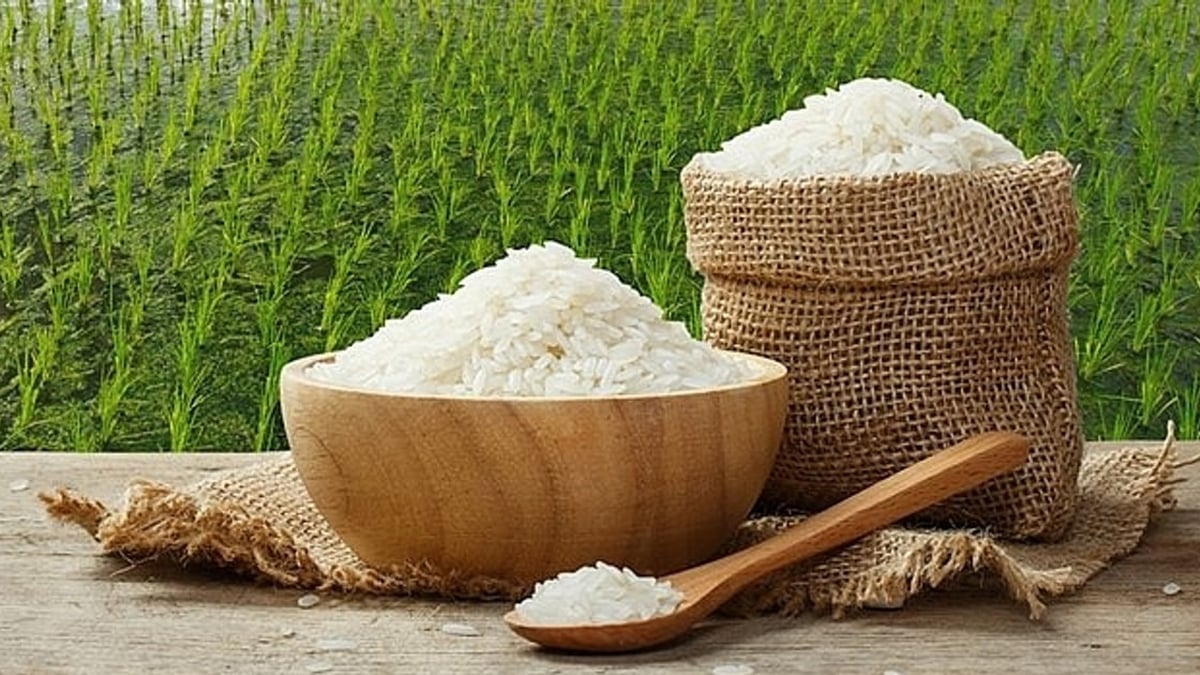
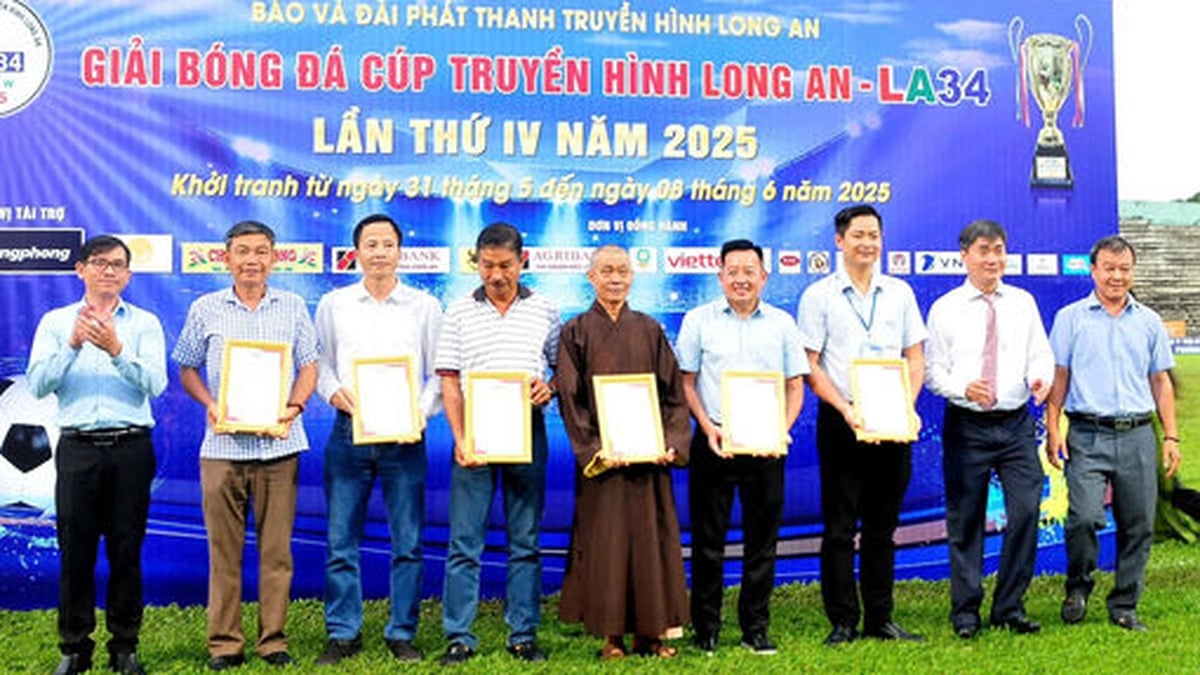
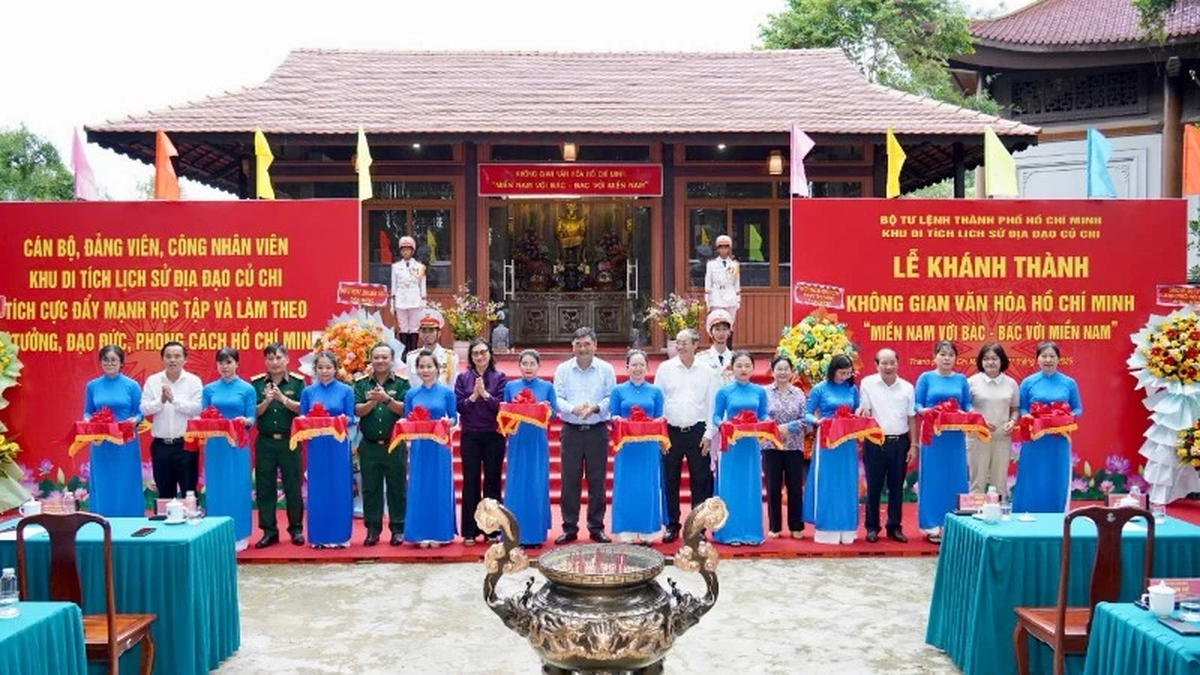
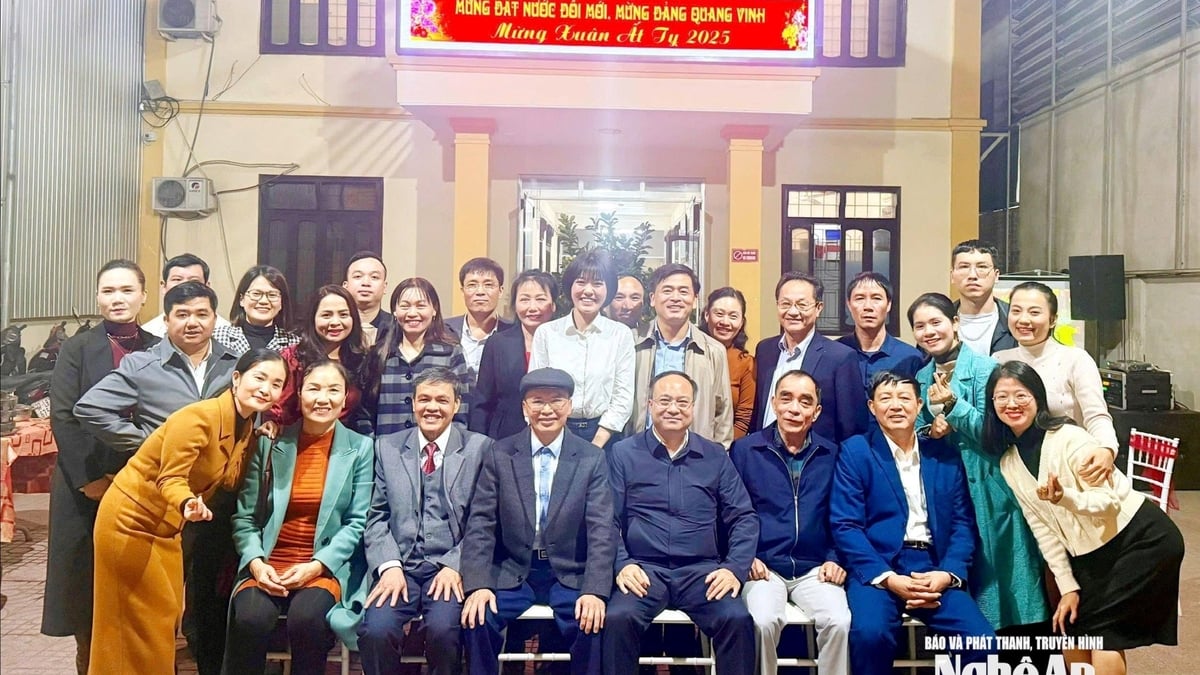


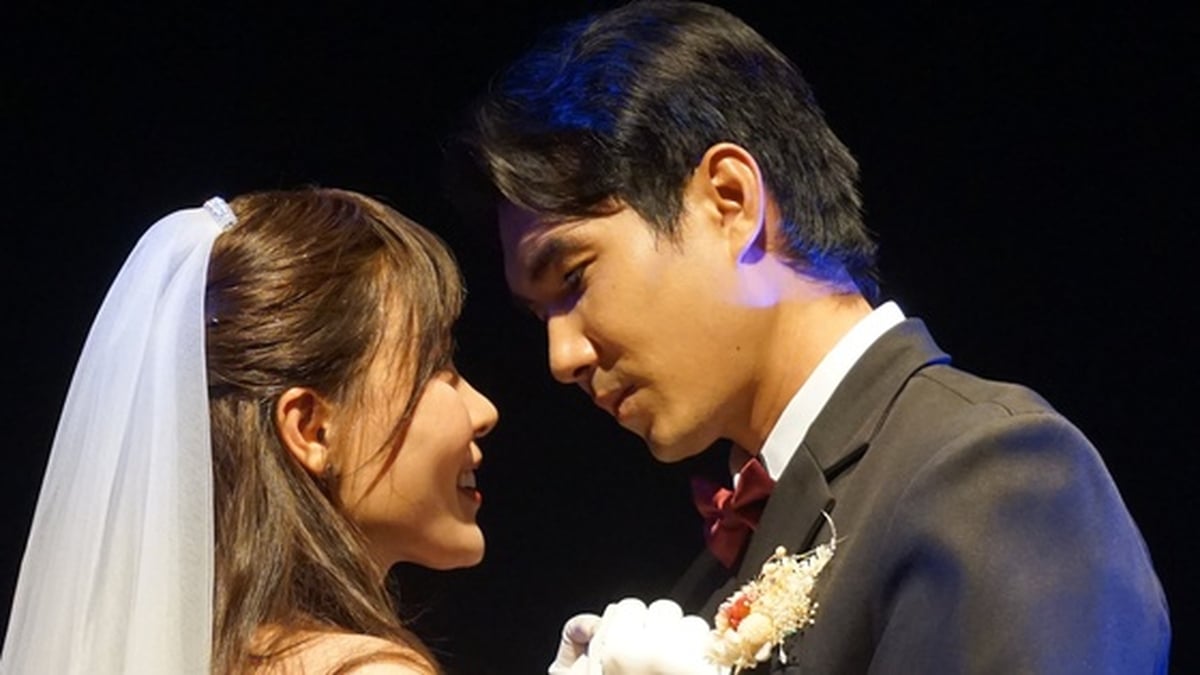

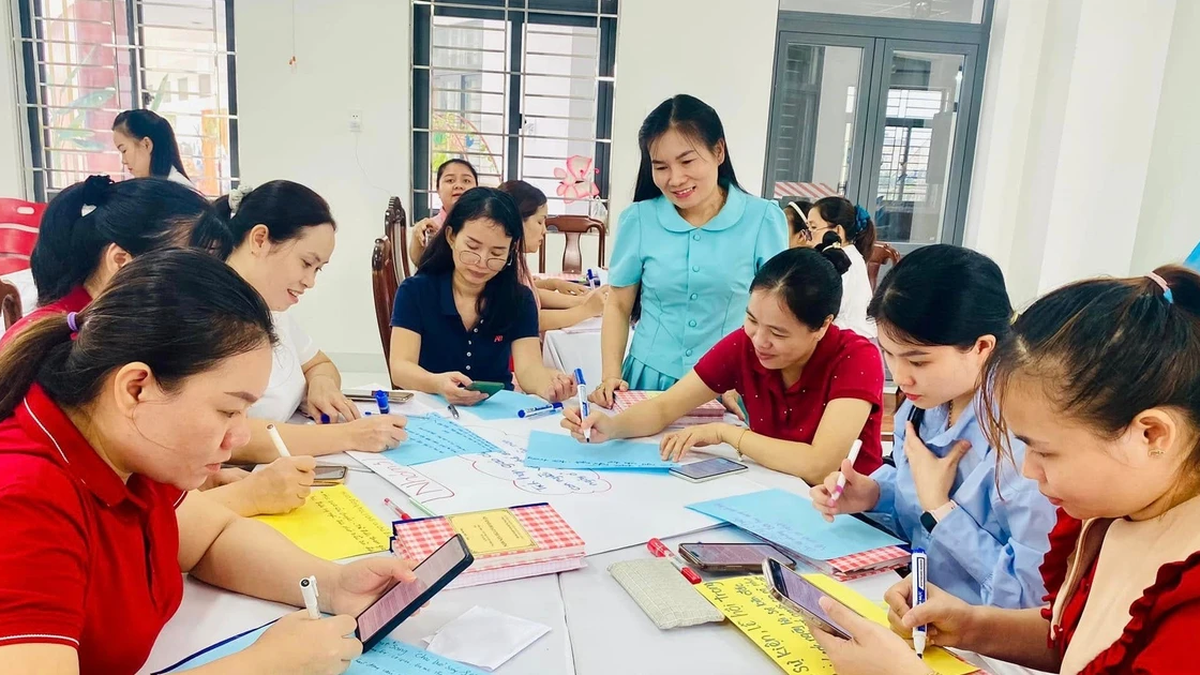
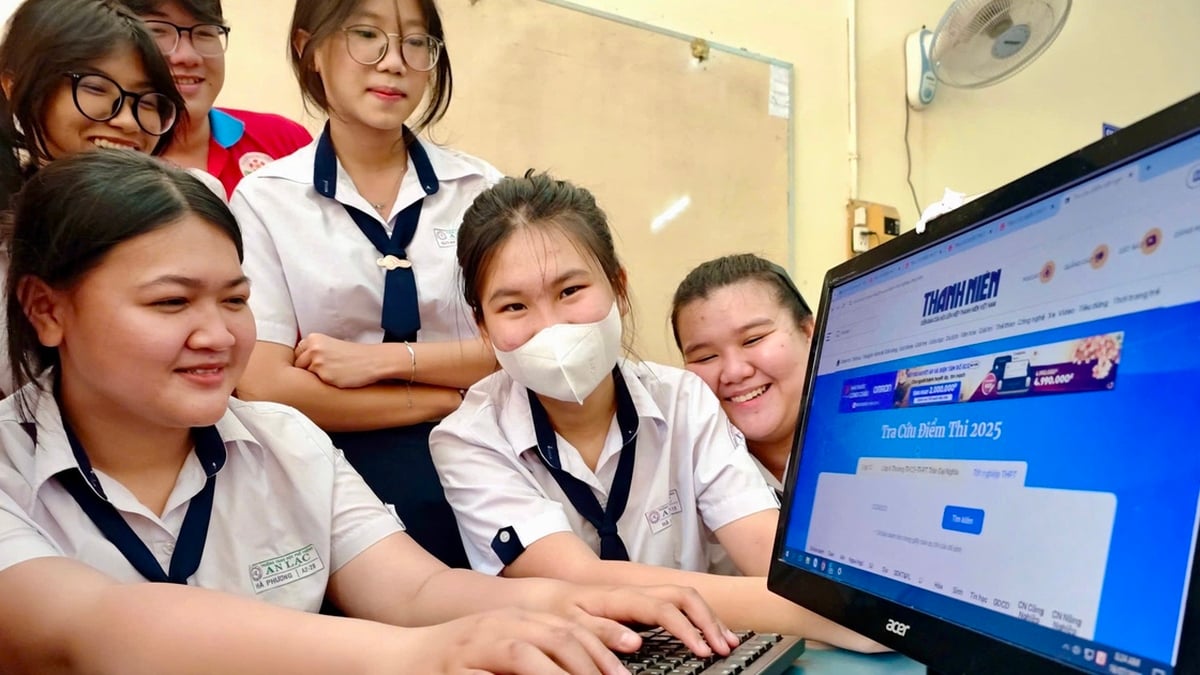











































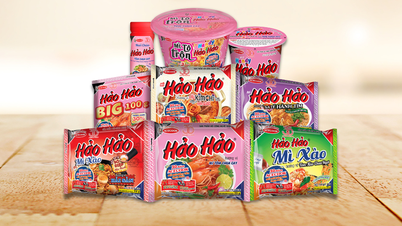
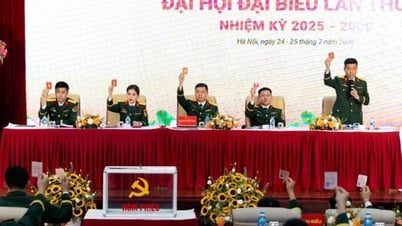




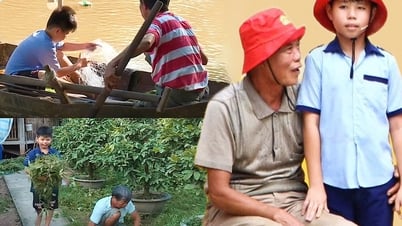

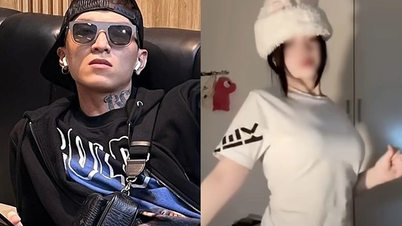
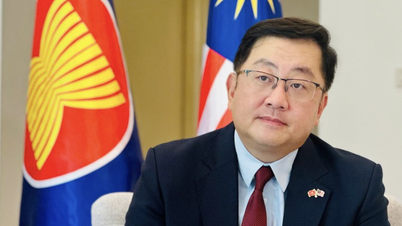
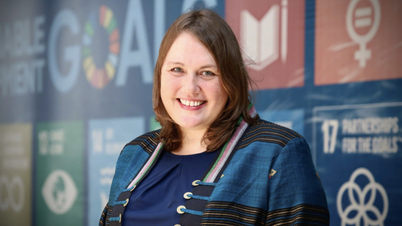

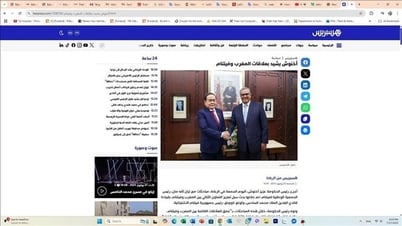

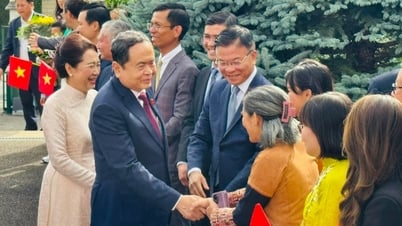
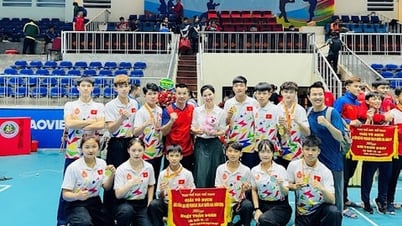

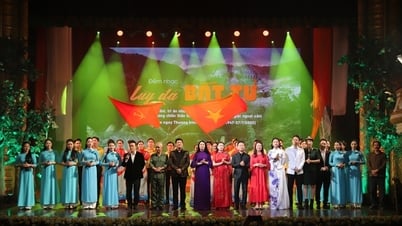
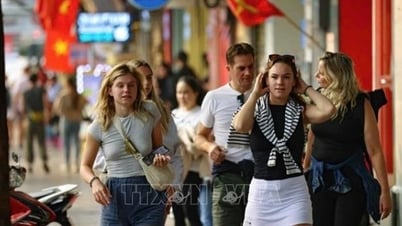
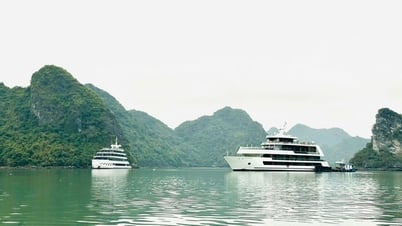
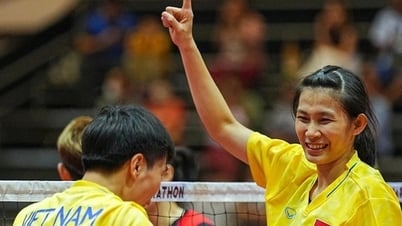




















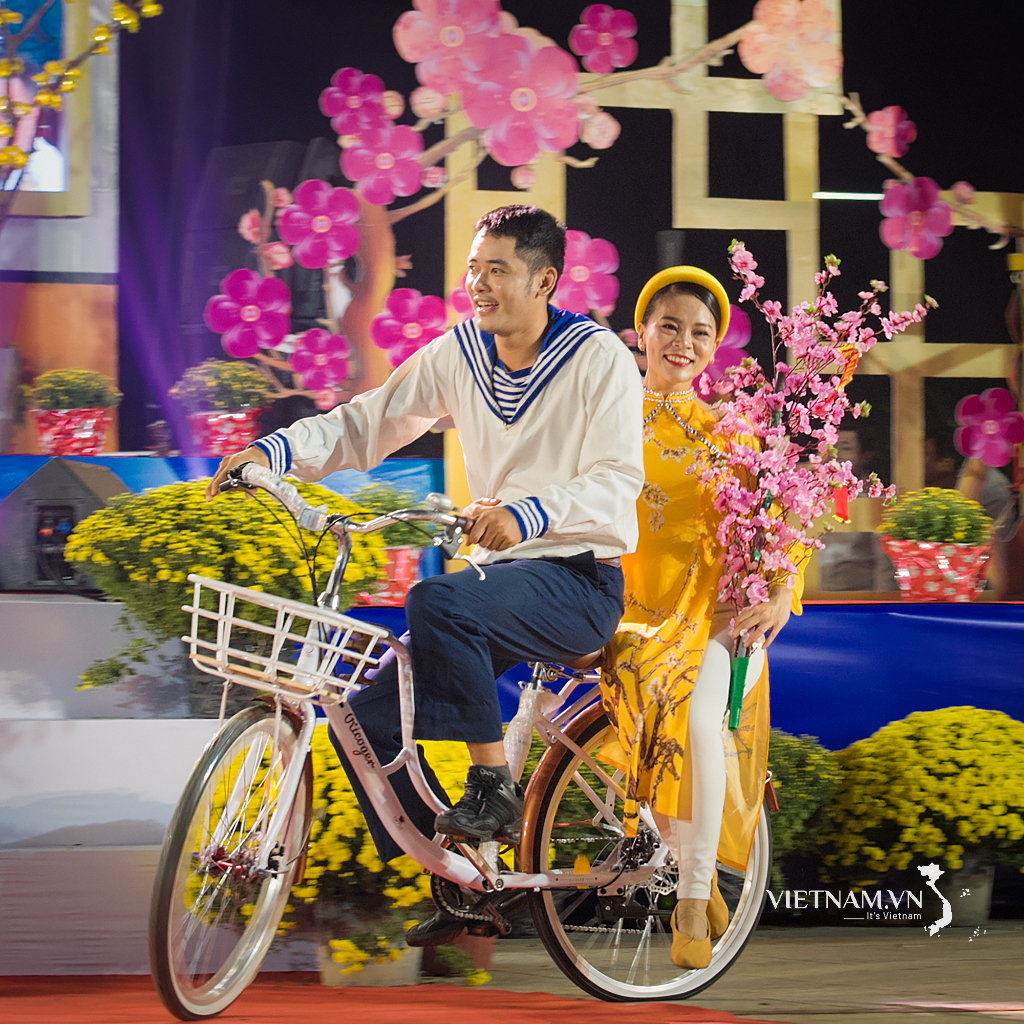


Comment (0)